Life is full of choices. And each of us in this life has the choice of how we want to impact the world. Some choose to leave the world a worse place than we found it. Some choose to leave it the same as they found it. Some choose to leave it a much better place. Nobody had more of a positive impact on the world than Nelson Mandela. The world is a lesser place today without him among us.
I could speak about his courage. His principles. His commitment to righteousness. His charisma and charm. His contributions to the African continent. His humble roots. His too-numerous-to-mention accolades. His suffering and sacrifices.
But I am not going to. I am simply going to tell one simple story, a defining moment in my life, and share the lesson. And it is a lesson that has made this world a far better place to be. It’s a lesson of leadership, setting an example, and of showing mercy and forgiveness when a person has every reason not to.
I lived for six years in Africa, and I made my first trip to South Africa in the early 2000s to run some training for my then-employer P&G.
I had mentioned casually in the office in Johannesburg how I really wanted to visit Soweto, the township under apartheid where Mandela lived. One of the young local employees, who came from Soweto, was very enthusiastic to “take me personally” to the township and be my guide. We carved out the following day and afternoon to make the trip.
We settled into a silence after he told the story. Now, there are times in life when you just sense you can ask another person a very sensitive question. There is no signal; you can just tell that it’s the right time. And this was one of those times. So I decided to ask my friend a question that had been on my mind from the moment he finished the story: “How do you feel about me, honestly, being a white man, after what you have endured at the hands of a white apartheid government?”
It has been over 10 years ago, but I can see where we were on the road in Johannesburg, I can see his hand on the steering wheel, I can still see the houses going by as we were driving. It was a defining moment in my life, when the world stands still, because his answer blew my mind.
“Jim, if Madiba (Mandela) could forgive after all he endured, then so can I. Jim, you are my brother.”
The tears are streaming as I type this. In one simple sentence, a great contribution of Mandela is brought to life. The power of forgiveness. The power of “being big” and looking beyond petty vengeance and standing tall. Of realizing there is little to be gained by hatred but only generating more hatred. Of embracing those whom we oppose.
Mandela spent 27 years in prison. He lost the prime of his life, never saw his children grow up, saw his marriage collapse. He lost his business. When he was freed, in his 70s, he had every reason to be bitter. His people looked to him as a role model. If he had wanted to enact revenge — and plunge South Africa into civil war — he could have.
But he saw the futility of such a move. He diffused the hate by example and embraced the other side. He held raised hands publicly with apartheid President Frederik de Klerk. He wore the uniform of a white rugby player during the 1995 World Cup, unifying his nation. He held truth and reconciliation commissions instead of trials. And he showed people how to move past the hate. An entire nation followed his lead. And they peacefully entered democracy and have built the shining African economy.
It’s ironic that a country that endured such recent outright racism such as apartheid can have the question of race better figured out than more “developed” countries, but it is true. In South Africa, blacks and whites confront the issues. They talk. They forgive. They move forward. Contrast this to the United States, my country, where everyone is afraid to talk about the issues in fear of being labeled racist. Where it is all about politically correct language and dancing around topics. South Africa is light years ahead of the US. And the single biggest reason is leadership — the leadership of Nelson Mandela.
We live in a world today of vengeance. Of “proportional response.” Of showing off military might, of DMZs and “no-fly zones.” Of UN sanctions and planting flags on remote islands in an attempt to “grab” them in the face of clear international laws, from less powerful neighbors. Of partitions and walls and armed borders.
Yes, this world today is a lesser place without Nelson Mandela. And the tragedy isn’t that he is gone, the tragedy is that more leaders did not learn from his example while he was here.
